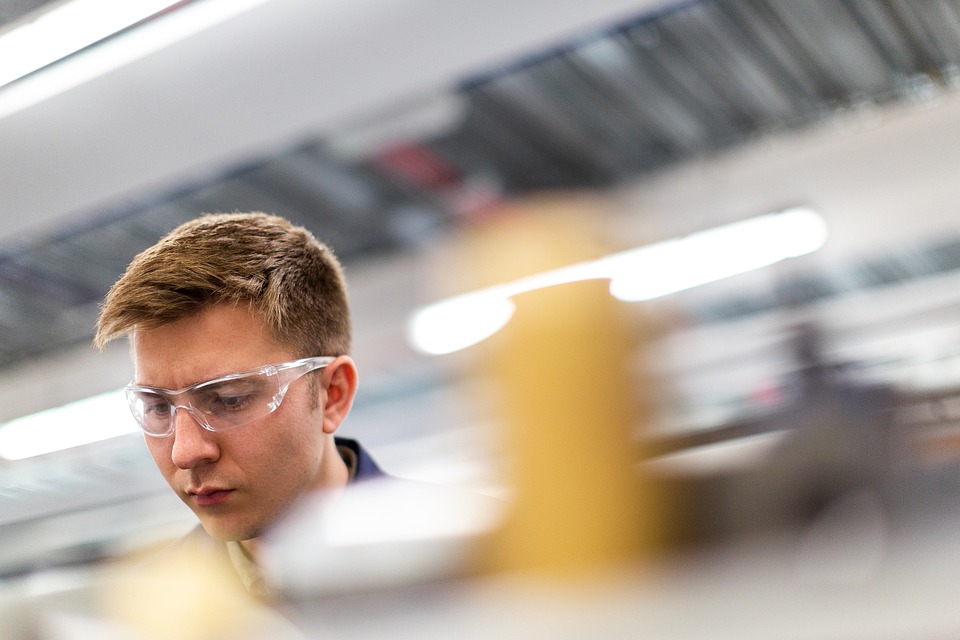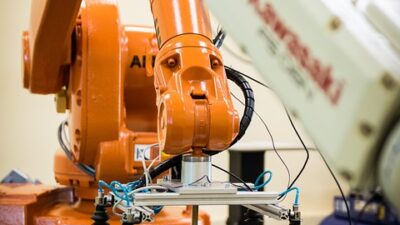The intersection of healthcare and technology has given rise to transformative advancements, with robotics standing out as a pivotal force in reshaping how medical practices operate. From enhancing surgical precision to improving patient outcomes, robots are revolutionizing the healthcare landscape.
The Rise of Robotic Surgery
Enhanced Surgical Precision
One of the most significant advancements in robotic healthcare technology is in the realm of surgery. Traditional surgical techniques often involve large incisions, leading to increased recovery time and higher risks of complications. Robotic-assisted surgeries, however, employ minimally invasive techniques that allow surgeons to operate with unmatched precision.
For instance, systems like the da Vinci Surgical System use robotic arms controlled by the surgeon through a console. This setup translates the surgeon’s hand movements into smaller, more precise movements of surgical instruments inside the patient’s body. The results are noteworthy: reduced blood loss, shorter hospital stays, and quicker recovery times for patients.
Expanded Surgical Capabilities
Robots bring advanced capabilities to the operating room that human hands alone cannot provide. For example, robotics enable high-definition 3D visualization of surgical sites, allowing surgeons to see the intricate details of human anatomy. Furthermore, robotic systems can maintain steady movements even in the presence of natural hand tremors, enhancing control during complex procedures.
Robotics in Other Medical Fields
Rehabilitation Robotics
Beyond surgery, robotics is making significant strides in rehabilitation. Robotic exoskeletons are being used to assist patients recovering from stroke or spinal cord injuries. These devices provide support and movement assistance, facilitating regaining motor functions through repeated practice. As patients engage with these machines, they often experience improved strength and coordination, leading to better outcomes in rehabilitation.
Diagnostic Robots
Advancements in artificial intelligence and robotics are also influencing diagnostics. Robots equipped with advanced imaging technology are being designed to assist with radiology by quickly analyzing medical scans for signs of an ailment. Their ability to quickly process vast amounts of data aids in early detection, which is often crucial for effective treatment.
Pharmacy Robotics
In the realm of pharmaceuticals, robots are enhancing efficiency and accuracy in medication dispensing. Automated systems can manage the inventory and distribution of medications, reducing human error and ensuring that patients receive the correct dosages. This innovation not only streamlines hospital operations but also enhances patient safety.
The Patient Experience
Improved Access and Efficiency
Robotic technology extends beyond direct medical applications — it also enhances patient experience. For example, telepresence robots enable physicians to virtually visit patients who are unable to travel. This technology is particularly beneficial in rural or underserved areas, where medical resources may be limited.
Additionally, robotic systems can automate routine tasks, allowing healthcare providers to focus more on patient care. This increased efficiency not only reduces waiting times but also enhances the overall patient-provider relationship.
Personalized Care
As healthcare increasingly focuses on personalized medicine, robots can play a vital role in tailoring treatments to individual patient needs. With data collection and analysis capabilities, robots can assist in crafting personalized rehabilitation plans or treatment protocols based on a patient’s unique physiology and circumstances.
Challenges and Considerations
Despite the many benefits robots bring to healthcare, their integration is not without challenges. High costs of robotic systems can be a barrier for many healthcare facilities, particularly in underserved areas. Additionally, concerns about data privacy, security, and the necessity of human oversight raise important ethical questions.
The Future of Robotics in Healthcare
As technology continues to evolve, the potential for robotics in healthcare seems limitless. Future innovations may include fully autonomous surgical robots and advanced AI-driven diagnostic tools that can predict health issues before they arise. Interdisciplinary collaboration among engineers, healthcare professionals, and policymakers will be essential in navigating these advancements.
In conclusion, robots are reshaping healthcare in ways that enhance surgical precision, improve patient outcomes, and streamline operations. While challenges remain, the future of robotics in healthcare promises a more efficient, personalized, and effective medical landscape. Embracing these technologies may ultimately lead to healthier communities and a brighter future in medicine.



